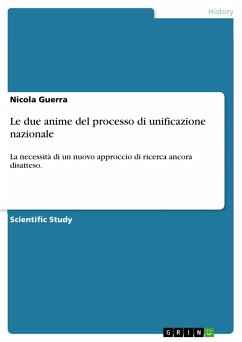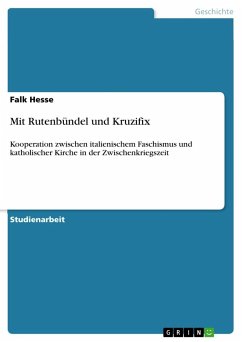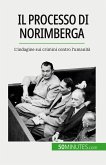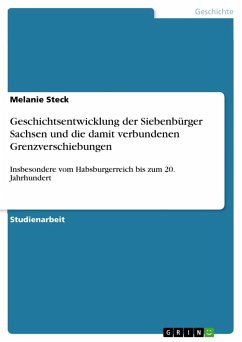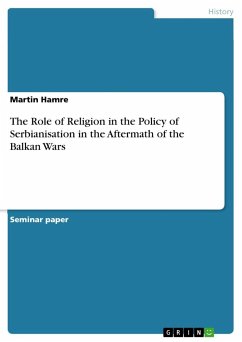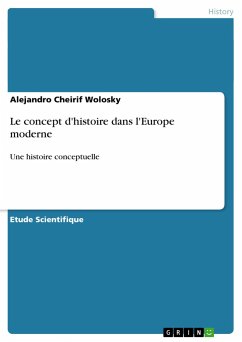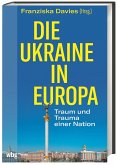Scientific Study from the year 2011 in the subject History of Europe - Newer History, European Unification, Turku School of Economics, language: Italian, abstract: The present paper discusses the Counter-Risorgimento movement (Controrisorgimento) in Northern Tuscany focusing mainly on the historiographical issues regarding the current research on the Risorgimento-phenomenon and the concept of the Death of the Nation (Morte della Patria) suggested by Renzo de Felice and Ernesto Galli della Loggia. The approach of Italian historical research toward Risorgimento, as well as the Resistance (or Civil War), has traditionally been very black and white: the protagonists of the events have been divided into moral categories of good and evil as a result of the political function of historical writing and a historical reconstruction of both sides of the story is still, quite surprisingly, to be written. This article proposes a new and less apologetic approach to the study of the Italian Risorgimento by looking at the phenomenon as the conclusive point of a great internal conflict. The article discusses the Counter-Risorgimento movement primarily from a local perspective but it also aims to widen and to rethink the methodological approach that has traditionally been adopted by historians in relations with the Risorgimento. In conclusion, the article proposes a more holistic approach to the study of the Risorgimento most of all by taking in consideration also the experience of the counter-forces of which we know very little today and by deconstructing the political and rhetoric pathos that still influences the historical representation of this phenomenon.
Hinweis: Dieser Artikel kann nur an eine deutsche Lieferadresse ausgeliefert werden.
Hinweis: Dieser Artikel kann nur an eine deutsche Lieferadresse ausgeliefert werden.

